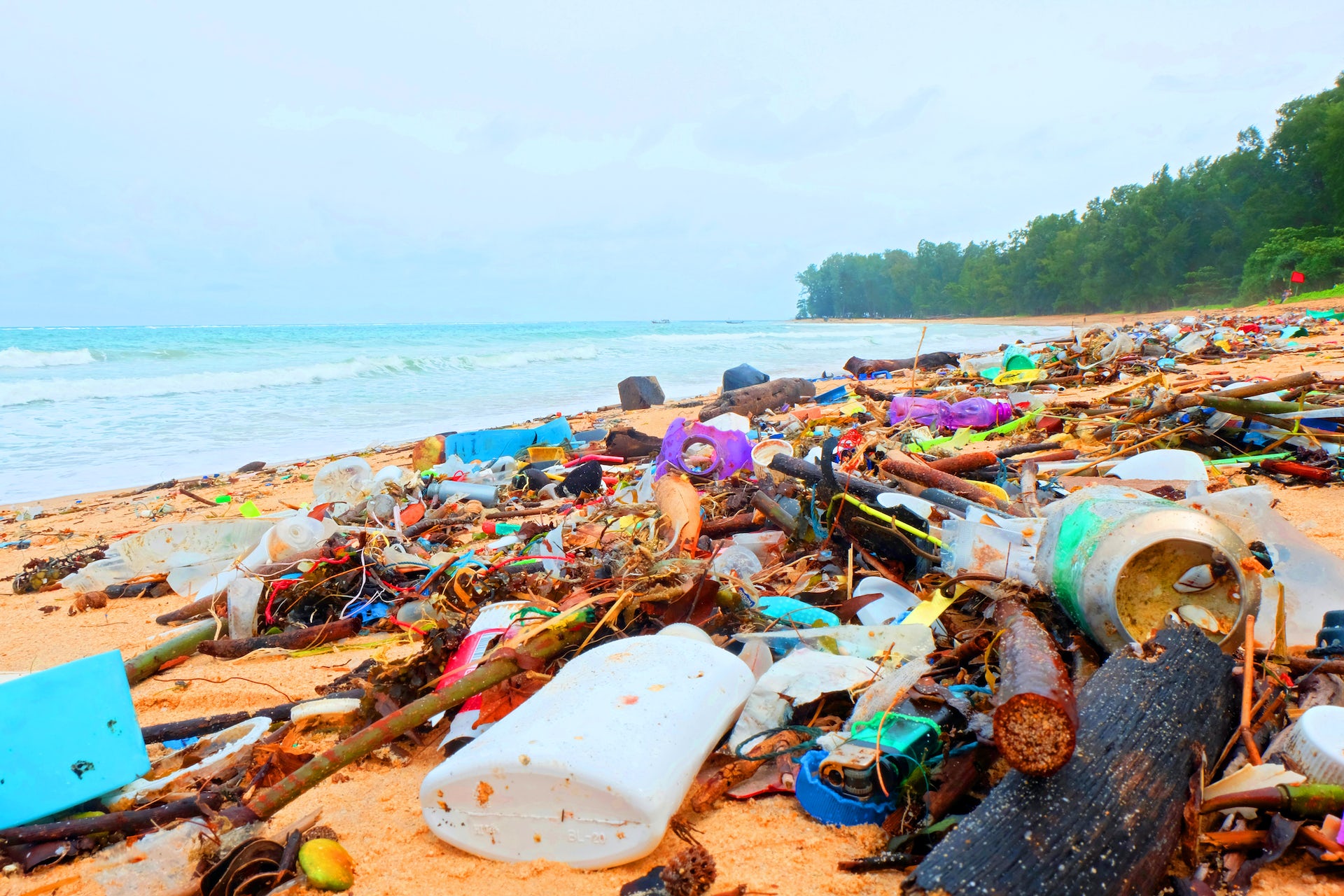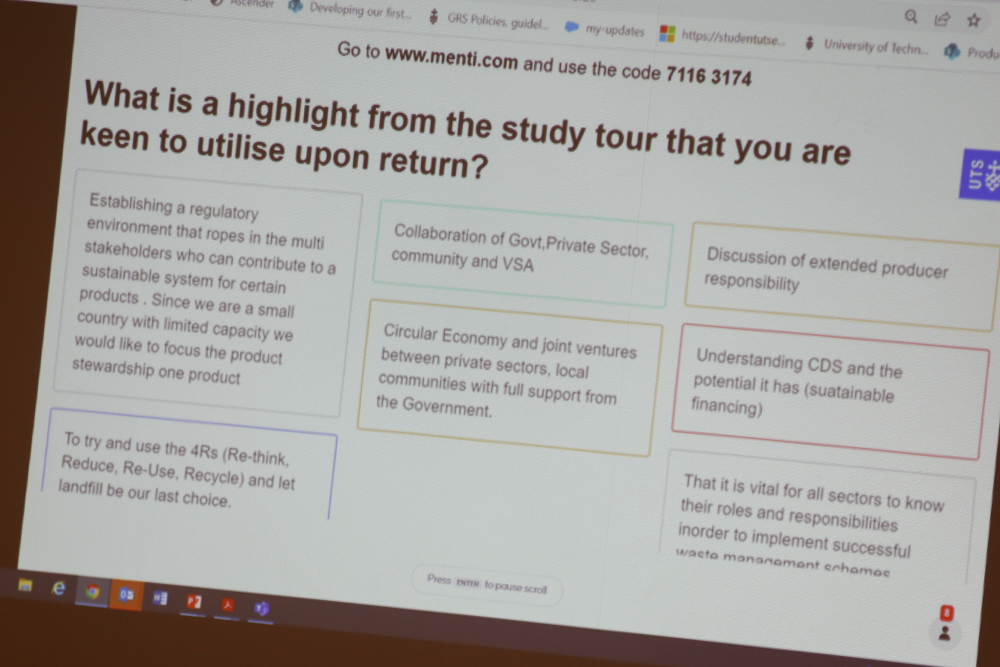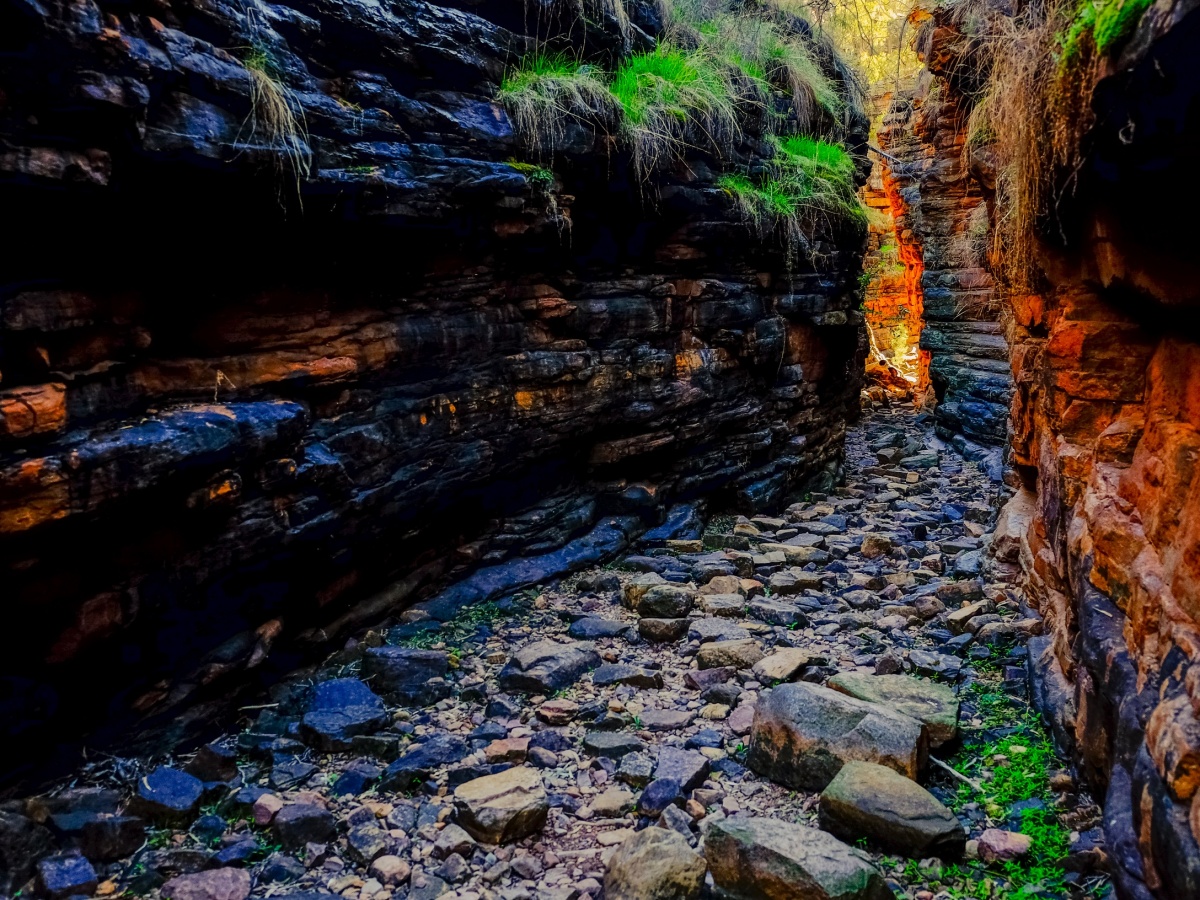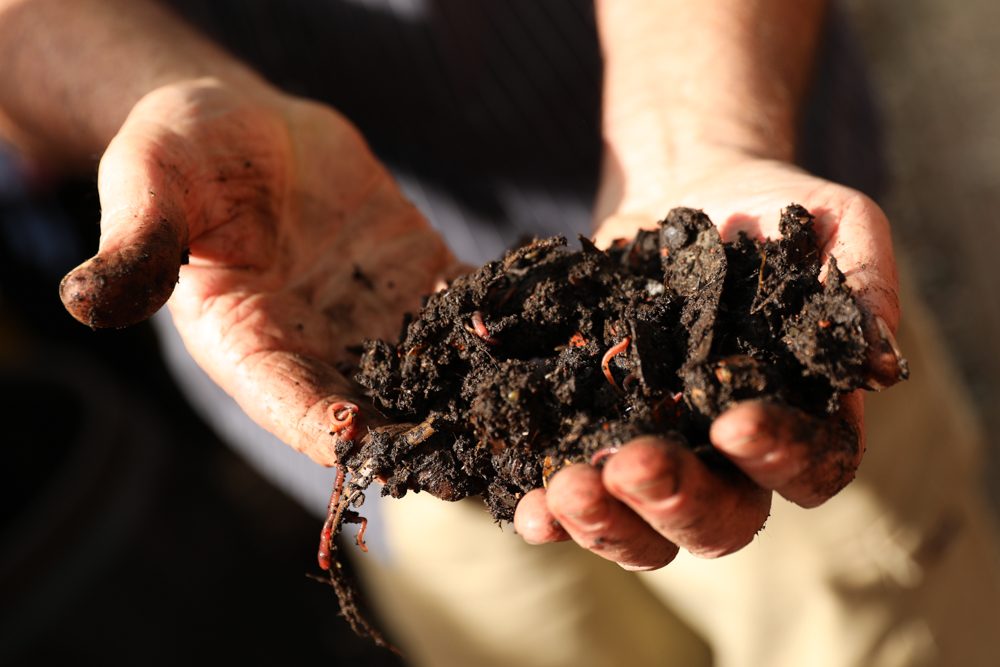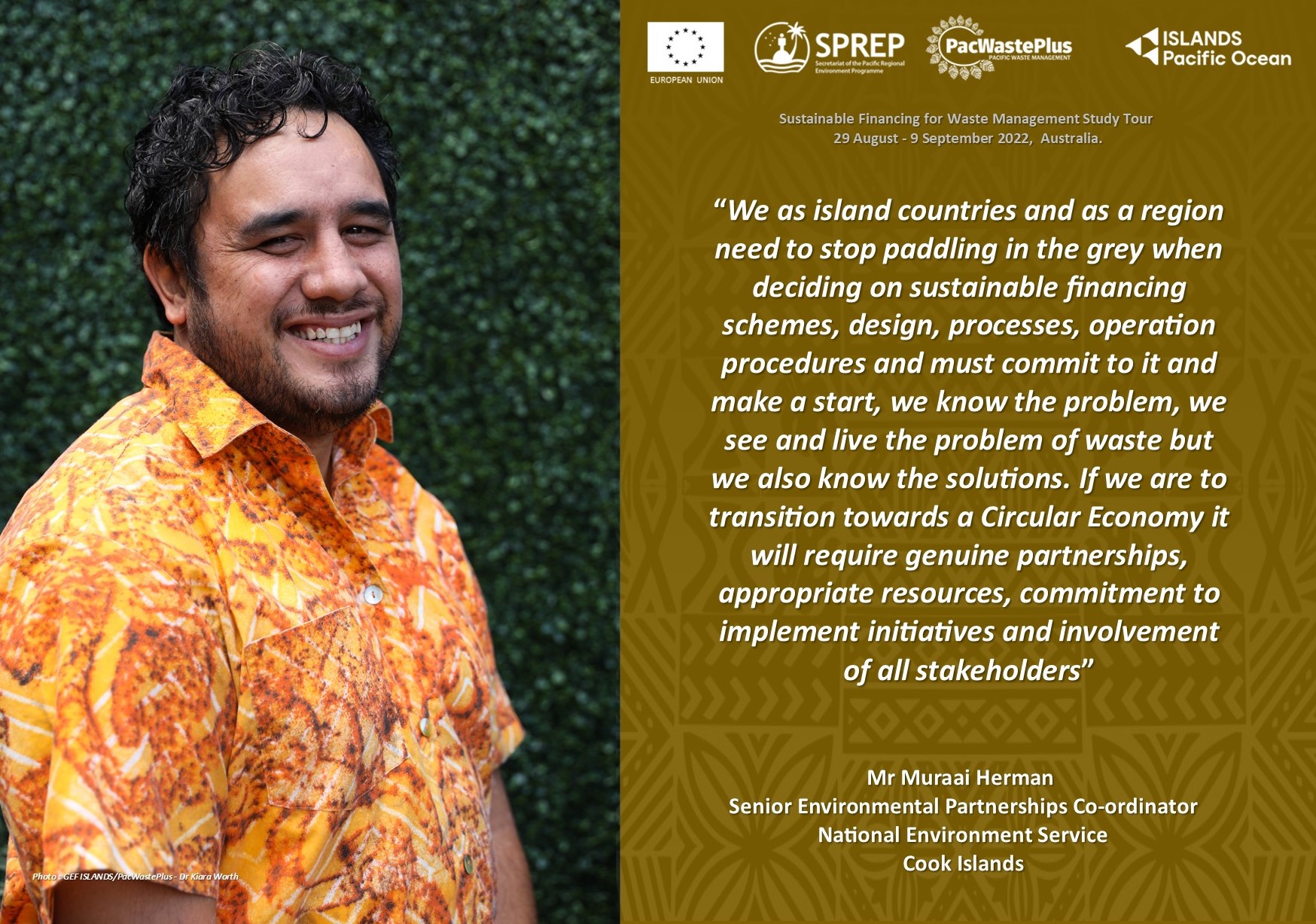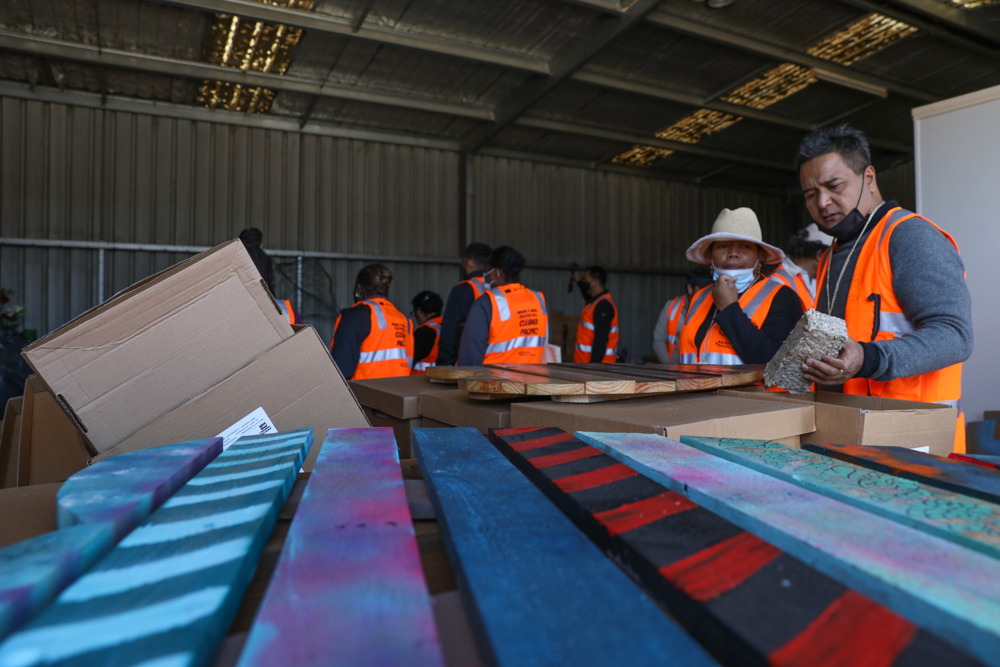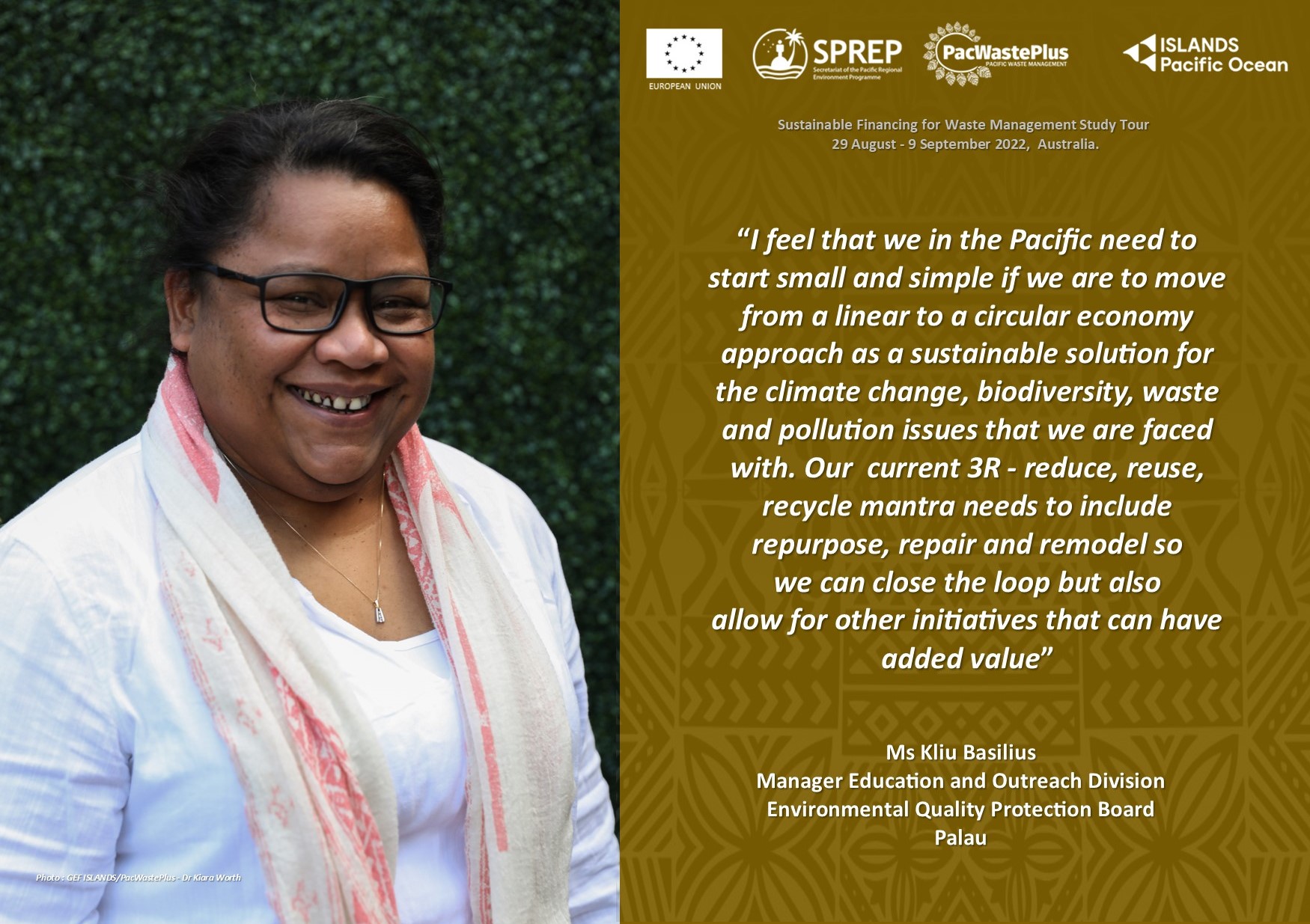Sustainable Financing for Waste Management in the Pacific
Q & A
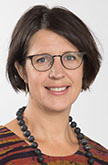
Sally Wyatt
1 year ago
Have any of the Pacific ADRF schemes worked through, in detail, the GST/VAT and other tax implications of fees, deposits and refunds?
We in the Cook Islands would be grateful to talk with you.
No answers yet!
Clara Mottura created a Post in Sustainable Financing for Waste Management in the Pacific
6 months ago
Claytoncy Taurarii commented on Nitish Narayan's Post in Sustainable Financing for Waste Management in the Pacific
Nitish Narayan
1 year ago
Claytoncy Taurarii created a Post in Sustainable Financing for Waste Management in the Pacific
1 year ago
Clara Mottura created a Post in Sustainable Financing for Waste Management in the Pacific
1 year ago
Primula Kingmele commented on Kiara Worth's Post in Sustainable Financing for Waste Management in the Pacific
Kiara Worth
1 year ago
Sally Jackson commented on Sally Jackson's Post in Sustainable Financing for Waste Management in the Pacific
Sally Jackson
1 year ago
Margaux Granat commented on Kiara Worth's Post in Sustainable Financing for Waste Management in the Pacific
Kiara Worth
1 year ago
Muraai Herman commented on Nitish Narayan's Post in Sustainable Financing for Waste Management in the Pacific
Nitish Narayan
1 year ago
Muraai Herman commented on Kiara Worth's Post in Sustainable Financing for Waste Management in the Pacific
Kiara Worth
1 year ago
Margaux Granat commented on Nitish Narayan's Post in Sustainable Financing for Waste Management in the Pacific
Nitish Narayan
1 year ago
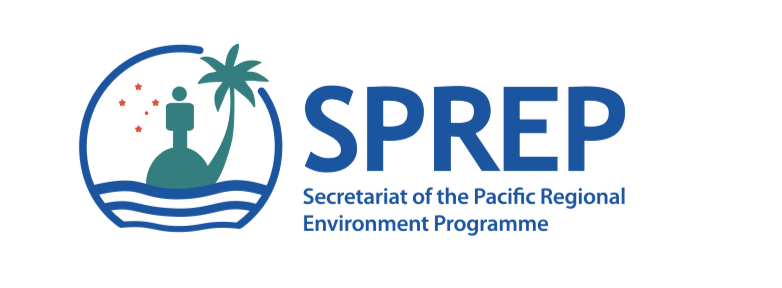
Pacific Island Countries (PIC) are faced with the increasing issue of stockpiles of recyclable materials. Without a regular funding mechanism, it is difficult for PICs to implement a sustainable scheme to export or recyclable items. As such items are generally disposed to landfill, comprising up to 20%, or dumped on vacant land.
This Group provides a space to share resources, knowledge and lessons learned to increase capacity of stakeholders for the design, implementation, and operation of Sustainable Financing Systems.
This Group provides a space to share resources, knowledge and lessons learned to increase capacity of stakeholders for the design, implementation, and operation of Sustainable Financing Systems.

